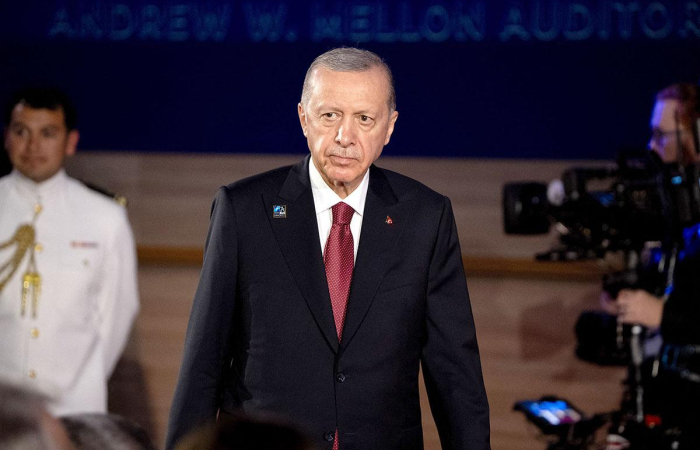Following the parliamentary elections of October 2024, the ruling Georgian Dream party created favourable conditions for the growth of Russian influence in the region according to the annual report of the US Defense Intelligence Agency (DIA) that has just been presented to the US Congress. The report says Moscow is almost certainly seeking to bring Georgia back into its sphere of influence and has already made progress through internal political developments in the country.
The report suggests that, against the broader trend of increased Russian activity across the post-Soviet space, Georgia is on a trajectory of “soft annexation of influence”.
The report comes amid heightened tensions between Washington and Tbilisi over alleged democratic backsliding and anti-Western rhetoric. On May 6, the House of Representatives passed the MEGOBARI Act that calls for sanctions against Georgian Dream officials with bipartisan support. Demonstrators have been on the streets of Tbilisi since the Autumn.
Meanwhile, U.S. Secretary of State Marco Rubio called the Georgian government “anti-American.” Responding to a question from Congressman Joe Wilson during a session of the House Foreign Affairs Committee, Rubio stated that they would “take action” against the ruling Georgian Dream party. This marks the first official statement on Georgia made by a representative of President Donald Trump’s administration.
“The goal of the United States is our national interest. So we will look at that and say: is it in our national interest to have an anti-American government governing an important part of the world? And if not, we’ll take appropriate actions to impose costs on that government,” Rubio said.
On May 13, Prime Minister Irakli Kobakhidze from the Georgian Dream party sent an open letter to U.S. President Donald Trump and Vice President J.D. Vance, pointing out that there have been no high-level contacts between the governments of Georgia and the United States so far.
The letter also notes that it is “unclear” why sanctions remain in place against Georgia’s Deputy Prime Minister and other government officials who, according to the letter, effectively suppressed a “USAID-planned and -funded attempt at revolution orchestrated by former U.S. President Joe Biden’s administration.”
During the hearing Joe Wilson accused the Georgian Dream of “rigging the October 26 elections and kicking out American companies, blocking trade and mineral access to the Middle Corridor, and selling Georgia to the Chinese Communist Party,” as well as “repeatedly smearing President Trump and American leadership.”
From a regional perspective, the report makes almost no mention of Azerbaijan, while Armenia features prominently as an example of deteriorating ties with Moscow. According to the DIA, Russian-Armenian relations “worsened over the past year,” particularly after Armenia announced its potential withdrawal from the Collective Security Treaty Organization (CSTO), prompting Russia to launch an information campaign against Armenia’s democratic path and pro-Western leadership.
The Annual Threat Assessment by the U.S. Defense Intelligence Agency (DIA) is one of the key yearly documents produced by the American intelligence community and submitted to the U.S. Congress. It outlines the DIA’s assessment of the most pressing and long-term threats to U.S. national security, including military, cyber, nuclear, and geopolitical challenges.
Compiled using intelligence from over 140 countries, the report serves not only as a tool for internal strategic planning, but also as a signal to allies and adversaries regarding the Pentagon’s priorities and concerns. Its contents influence budget allocation, foreign policy decisions, and U.S. defence initiatives.






